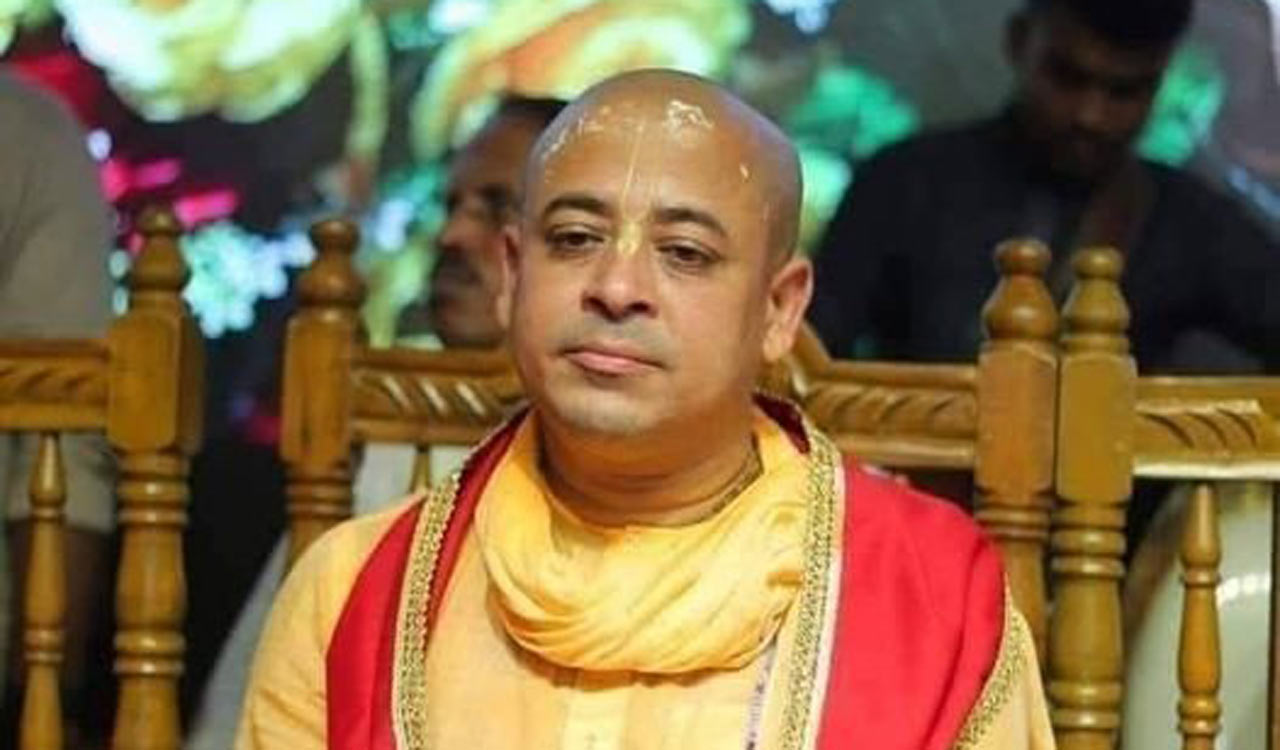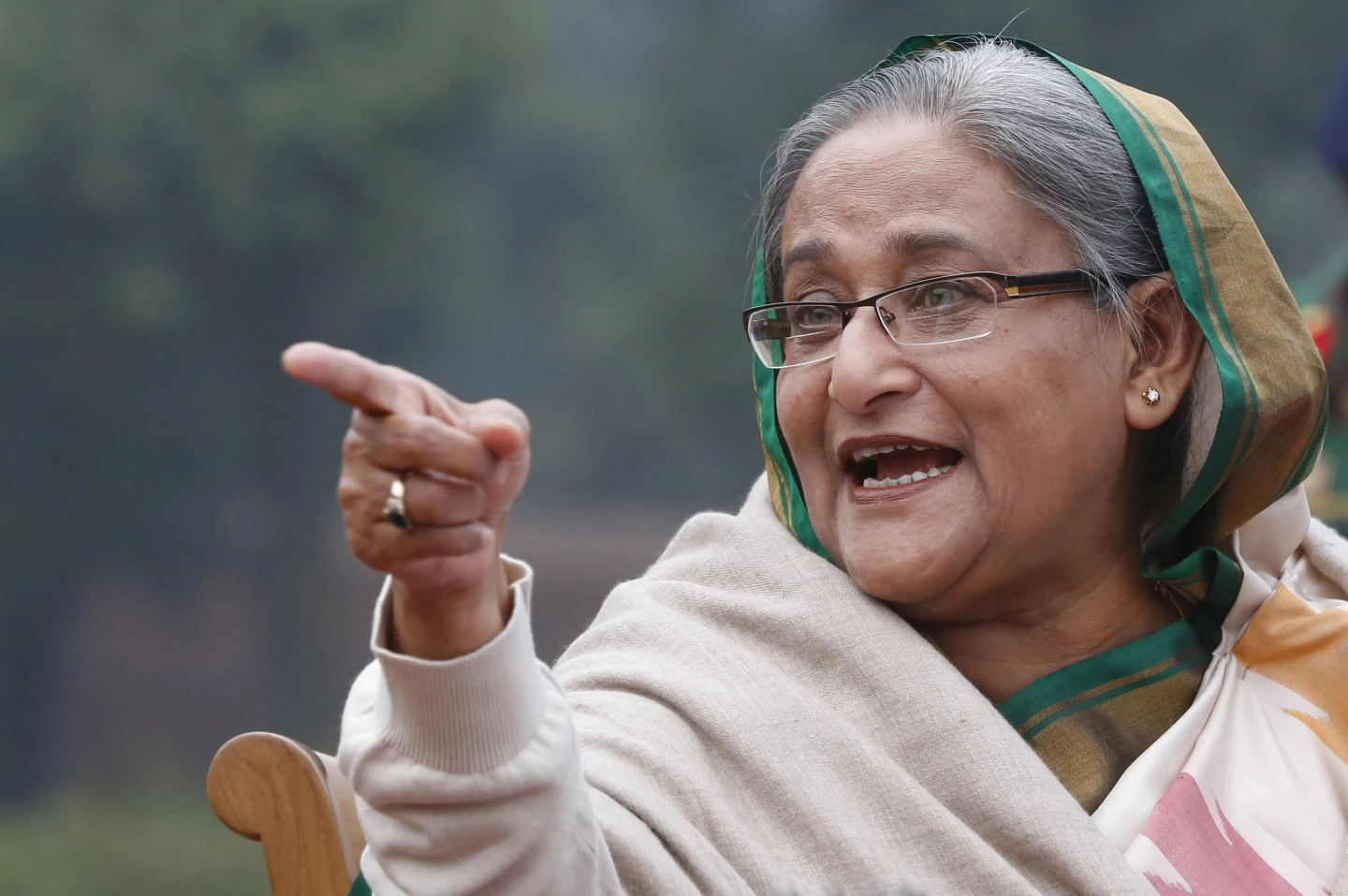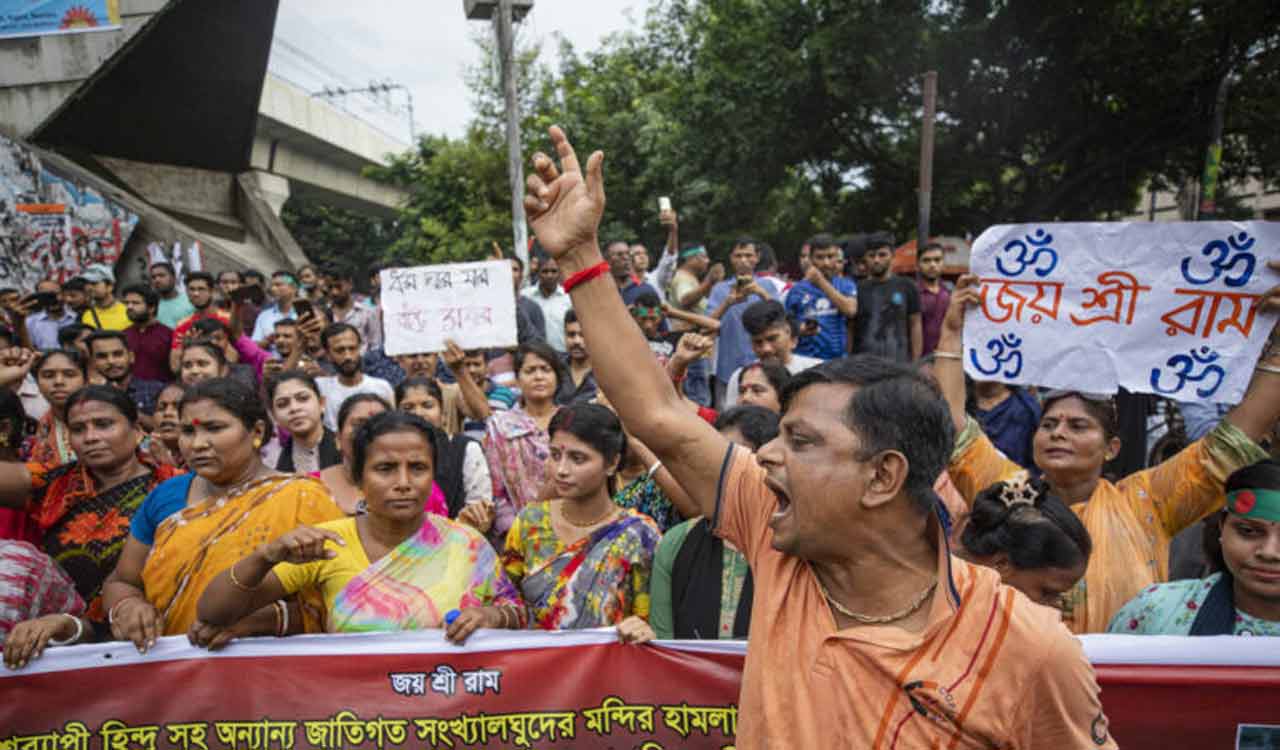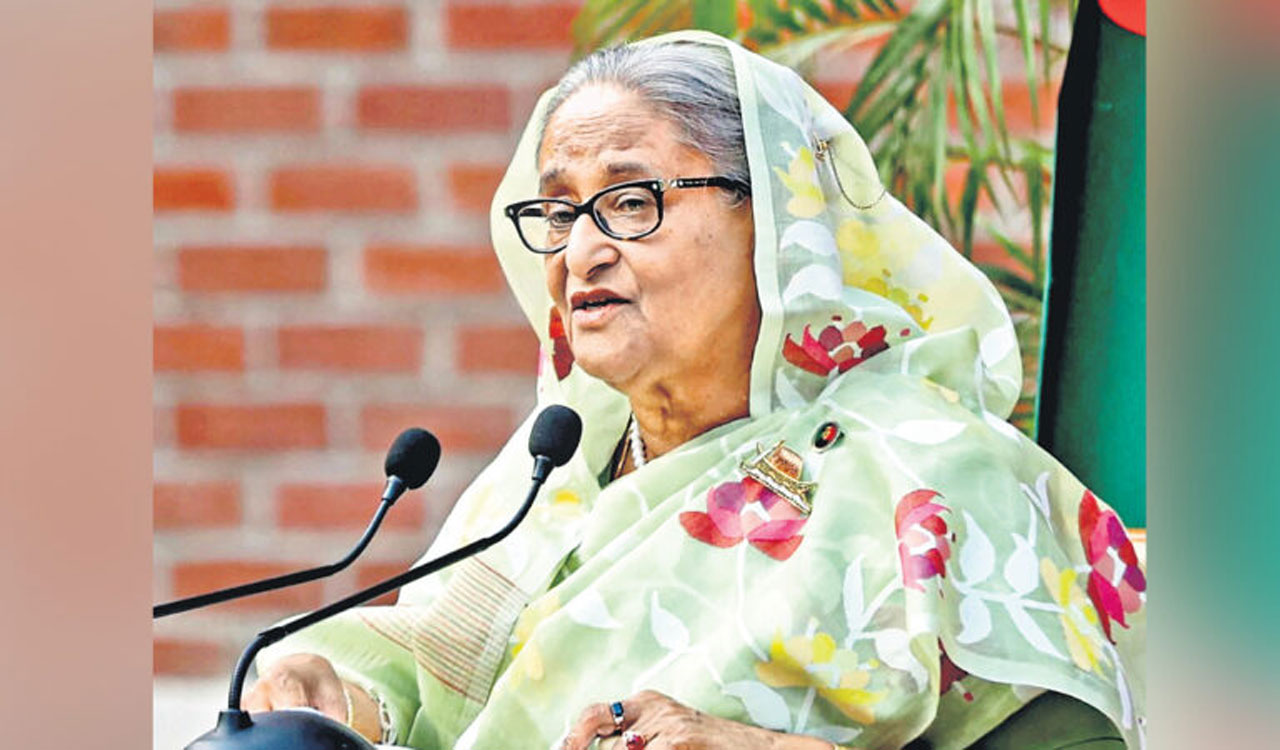Editorial: Onus on Yunus
Dhaka must ensure swift justice for victims of communal violence and protect fundamental rights of its citizens

Bangladesh has seen a surge in anti-Hindu violence after the ouster of Sheikh Hasina in a political coup. Temples, houses and business establishments of minorities have come under attack. The arrest of the ISKCON priest Chinmoy Krishna Das Brahmachari and the subsequent violence targeting the Hindus have further deepened the unrest in a country that is grappling with political instability and economic downslides. In what is clearly a high-handed approach, Krishna Das Brahmachari was arrested at the Hazrat Shahjalal International Airport in Dhaka on charges of sedition and sent to jail by a Chittagong court. Soon after, Islamist mobs went berserk in several parts of the country attacking temples, shops and residences of the Hindu community. The grim developments highlighted the challenges faced by minorities in a rapidly radicalising country. The interim administration headed by Nobel laureate Mohammad Yunus is fast losing grip over the situation. The context of this unrest lies in a troubling pattern of minority persecution. Despite constitutional assurances of equality, Bangladeshi Hindus, who constitute around 9% of the population, frequently endure violence, vandalism and social exclusion. Reports of mob attacks on Hindu homes and temples are alarmingly common, especially during political transitions or communal tensions. While the current unrest ostensibly revolves around Das’ arrest, it underscores the broader insecurity experienced by minorities in a state where Islam is the official religion.
India is justified in voicing deep concern over the violence and urging Bangladesh to ensure the safety and security of Hindus. However, Dhaka has rejected India’s concern and said the arrest and incarceration of the ISKCON monk was an internal affair of that country. Bangladesh must recognise that addressing these issues is not merely about appeasing international pressure. The long-term solution lies in fostering inclusivity, ensuring swift justice for victims of communal violence and protecting the fundamental rights of its citizens, irrespective of faith. The onus is on Dhaka to restore trust by heeding the calls of groups like the Sammilit Sanatan Jagran Jote, which advocate for special tribunals to expedite justice for victims of persecution. Failing this, the cycle of unrest threatens to escalate, undermining Bangladesh’s image as a progressive democracy. Unfortunately, the Yunus administration has given free rein to Islamists. One of his first acts after becoming the chief adviser to the interim government was to free Islamist terrorists from prison and lift the bans of proscribed Islamist terror outfits including Jamaat-e-Islami, a radical outfit that has a bloody history of violence. This move is fraught with dangerous implications for the region, particularly for India. Jamaat has the dubious distinction of opposing the 1971 Bangladesh freedom movement and siding with the Pakistani army in committing atrocities against the people. There are legitimate fears that the emergence of Jamaat as a mainstream political force could harm the interests of minorities in Bangladesh.
Related News
-
How to choose the right car insurance coverage when buying online?
5 mins ago -
Why Godrej tea and coffee vending machines are built to last?
18 mins ago -
Santa’s home address remains unknown
22 mins ago -
Swiggy annual food trends: Hyderabadis order staggering 1.57 crore biryanis in 2024!
26 mins ago -
BJP urges CM to regularise services of Samagra Shiksha employees
41 mins ago -
Cyberabad: Road accidents in Outer Ring Road increases drastically this year
47 mins ago -
Cybercrimes shoot up by 122 per cent under Cyberabad Commissionerate
56 mins ago -
Cartoon Today on December 24, 2024
57 mins ago




